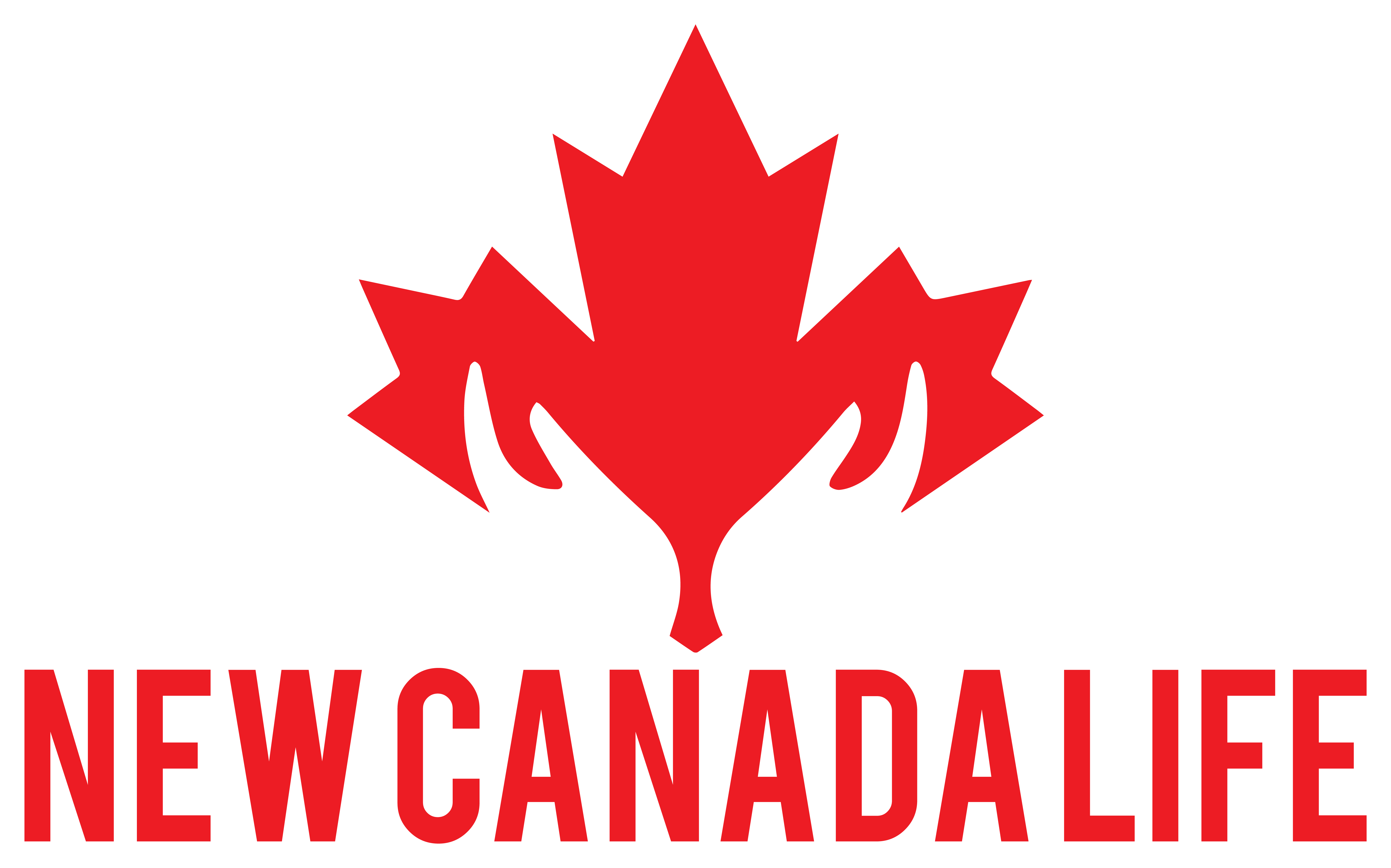FAQ’s
Why choose an immigration Consultant?
Immigration laws are continually changing and are extremely difficult. You may have some basic understanding of what’s involved in applying for a visa, but unless you’re a full-time immigration professional, you’ll not remember all the problems which can impact your case. Moreover, although you apply on your own and acquire your visa, you’ll have created some problems that would impact your status long after your visa has been issued. So what appeared like a successful visa application, may prove to be just the alternative.
Before making the choice to decide on an immigration representative, you’ll wonder whether or not you even need one. Finally, you’ll know those who have successfully obtained their visas without hiring an immigration Consultant or consultant. You’ll have heard stories of individuals simply filling out the forms, paying the government fees, and that they are issued their visa. However, you’ll have also heard of cases where the adventurous have gone it alone only to seek out that their visa application was refused. These stories are just that stories.
We believe that it’s important that applicants educate themselves about the visa process and work with known as a team. The applicants and immigration expert’s cooperation can maximize the applicant’s odds of success. Applicants know more about their conditions than the experts, whereas the experts know more about immigration law.
Who should I choose Loyer or Consultant?
There are two sorts of immigration representatives offering their services to clients:
1. Loyer:
Lawyers are immigration representatives who aren’t Consultants. They’re often mentioned as paralegals law officers and immigration specialists. Some consultants are former immigration officers. The Immigration Consultants of Canada Regulatory Council (ICCRC) is liable for regulating the activities of immigration consultants who provide immigration advice for a fee.
2. Consultants:
Consultants represent the immigration matters for applicants. Consultants in Canada are required to possess a university education and to finish graduate school. The fact that Consultants are regulated provides their clients with protection against unethical and incompetent practitioners.
3. Immigration Consultants:
Immigration Consultants are legal counselors who practice fundamentally in immigration law. They typically have a greater level of experience than a GP who may merely dabble within the field. Clients curious about hiring a Consultant with experience in immigration law should ask the Consultant what percentage of their practice is devoted to immigration law.
What document do I need?
A proper presentation of your documents is vital. The more organized your documents, the less risk there’s of frustrating the visa officer by making it difficult for him or her to seek out the relevant information. Your goal as an applicant should be to form the visa officer’s job as easy as possible. The documents show the visa officer that not only does one qualify for a visa but that there’s a true live responsible person behind the request who needs a visa.
Do I need to submit original documentation?
In most cases, photocopies of documents are acceptable but are prepared to submit original employment references and police clearance certificates. Each application has specific requirements for documents. It’s important to carefully check what’s required. Confirm to incorporate all relevant documents in support of your immigration case.
What are our legal fees?
Legal fees are always quoted to you beforehand. In this manner, you recognize exactly what proportion your case will cost with no surprises.
How Studying in Canada Can cause Permanent Residence?
Students who come to Canada for studies with the expectations of someday becoming Canadian permanent residents. Many also study in Canada without this first intent, but over time decide they might wish to work and begin a life in Canada. If you’re a student in Canada who wishes to become a permanent resident, there are a couple of pathways you’ll take toward achieving this status.
What are the ways to urge Permanent Residence?
There are three easiest ways to get permanent residence in Canada:
- The Express Entry System
- The Provincial Nominee Program
- Family Sponsorship
